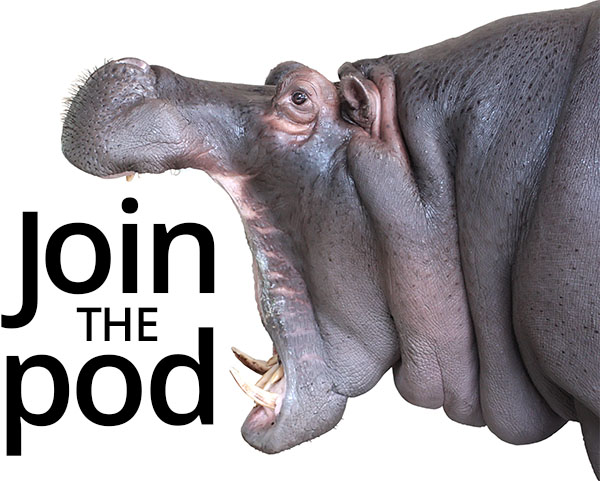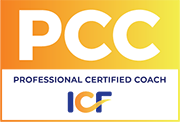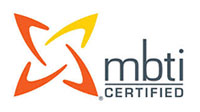Like.

There are 3 main definitions of Like with 34 nouns, verbs, adjectives, adverbs, prepositions, and conjunctions, across those three. And one interjection.
It’s that one interjection, considered informal, that I’m here to rant about.
It looks like this… Informal. (used in speech, often non-volitionally or habitually, to preface a sentence, to fill a pause, to express uncertainty, or to intensify or neutralize a following adjective):
So, like, why didn’t you call me?
The music was, like, really great, you know?
I’m not going out—it’s like 10 degrees out there!
Like stick a fork in my eye please.
Like it or not, we have, thanks to Moon Unit Zappa in particular, this gem of an addition to our lexicon, our language, forever. (It’s not like I haven’t mentioned this in the past). We all either use Like this way and/or are on the receiving end of this version. Once considered slang and an aberration of a very small segment of the youth demographic of the west coast, it’s now part of daily life. Like, yikes.
I can’t change this. In fact, while practicing my second language on a recent trip to France, (albeit badly. See: Nefaste) I was even constructing sentences, conversing and translating and using…LIKE! Mon Dieu!
I look at LIKE in this way: it’s become a tic in our talk. We all have them. I tend to say “right?” Whenever I say it, I want to reach out with a mechanical arm and grab it back. LIKE is like this. Can we notice tics? Do we know that we have a tic? I think there are very few of us, if any, who speak without tics. Essentially, they would be tic-less. For those confused, we will get into ticks in another blog, another day…
Many of you might be saying, “So what?” I know, (like) I get it. In the greater scheme of things is this really important right now? How will this change the world? Who knows? Maybe I can change just a small bit of it. Launch a movement to limit Like in a way so others will listen to us more seriously. I’m not talking about being humorless, just more serious. More precise. We are lazier with our language, with our conversations, with each passing generation. Our parents criticized our slang, and now, we in turn are criticizing the next generations. That’s the human way. And yet, like air travel, we’ve become too casual, and maybe it’s time to dress up our message.
Perhaps we do it because it’s more hip. More cool. It annoys the Xers and Boomers. Yet overusing our tic can make connections tedious, and in many ways, stereotypical. When I speak and coach with trailing generations, one of their fears and frustrations is not being taken seriously enough. I agree. Just pick out the random TikTok video and count the “Likes” (not likes). For greater impact, drink a tequila shot for every “Like…” Then do fifty jumping jacks. Now, after you pick yourself off the floor, are you taking me seriously? Let’s be less kid-like. That goes for all ages…think wink-like.
I realize no one likes criticism. That’s not my intention. I’m looking for those of you who want to start a movement on this likely very challenging cultural shift. It’s like turning a supertanker headed toward shore. Turning is hard. Like that crappy minivan you learned to drive in. Painful at times. Tics are hard to remove. Habits never disappear, we only form new ones. And hope they agree with us, that we like them. Let’s get serious about our language; be more precise in our conversation. Can we take our language back from ourselves? With a little focus and intention, I think it’s quite likely.
Like are you ready for change? Change: Created by you. Realized through me. We are seven months into 2024 and here’s a wild idea…consider investing in you! I like this link to start creating that change right now!
Be big. Be cool. Be hippo.
Ready to get started?









